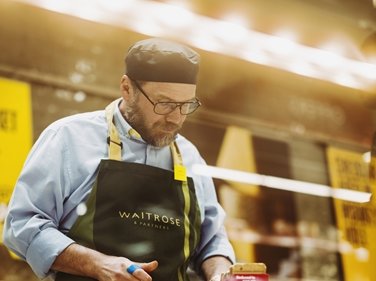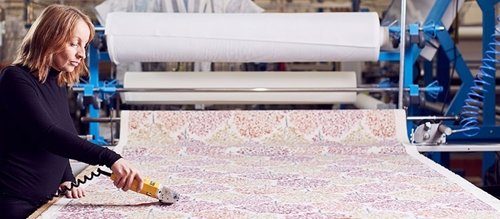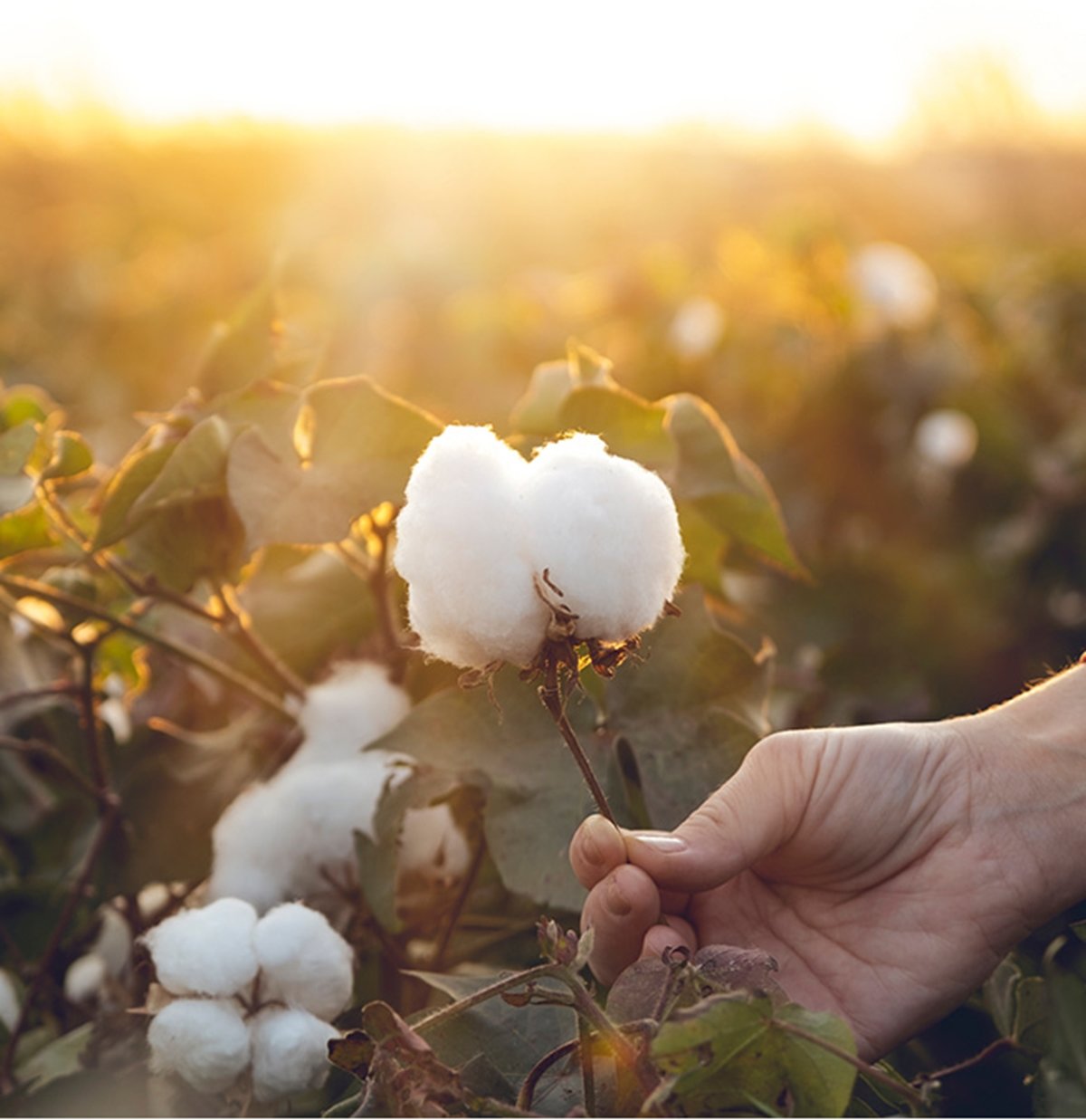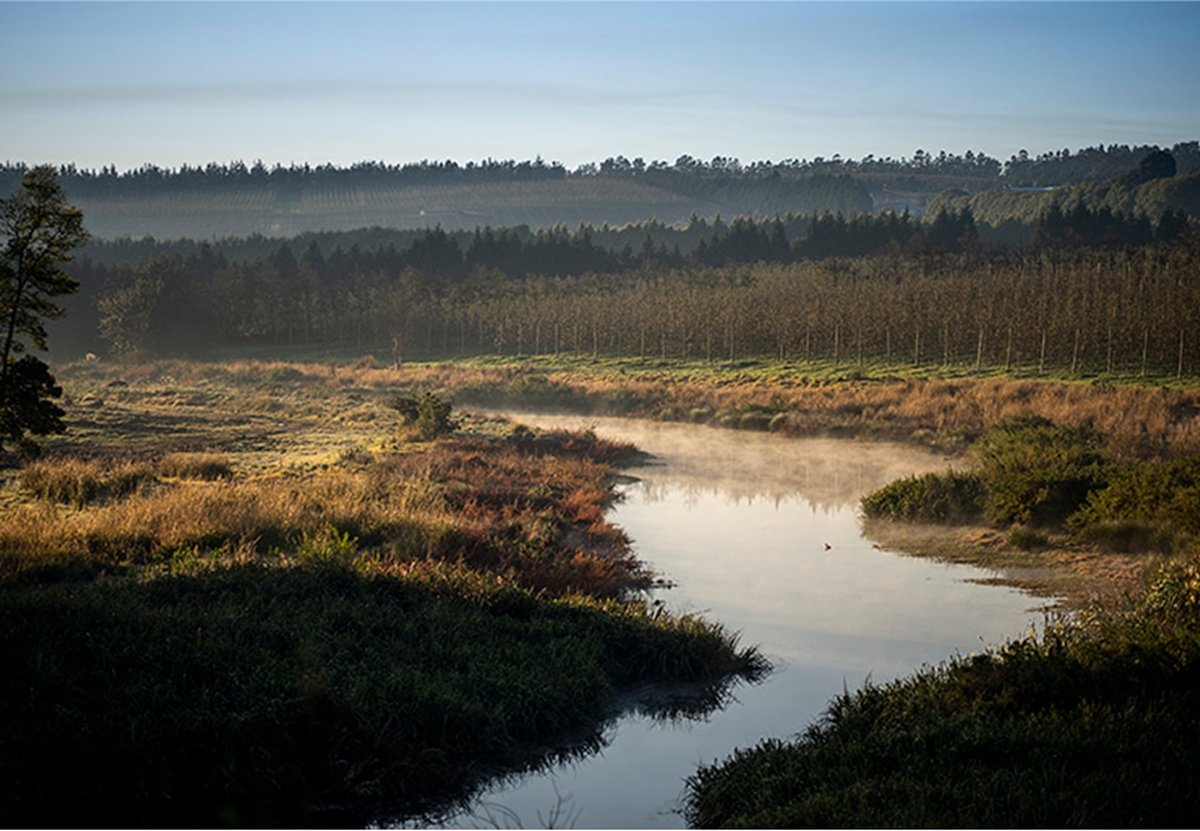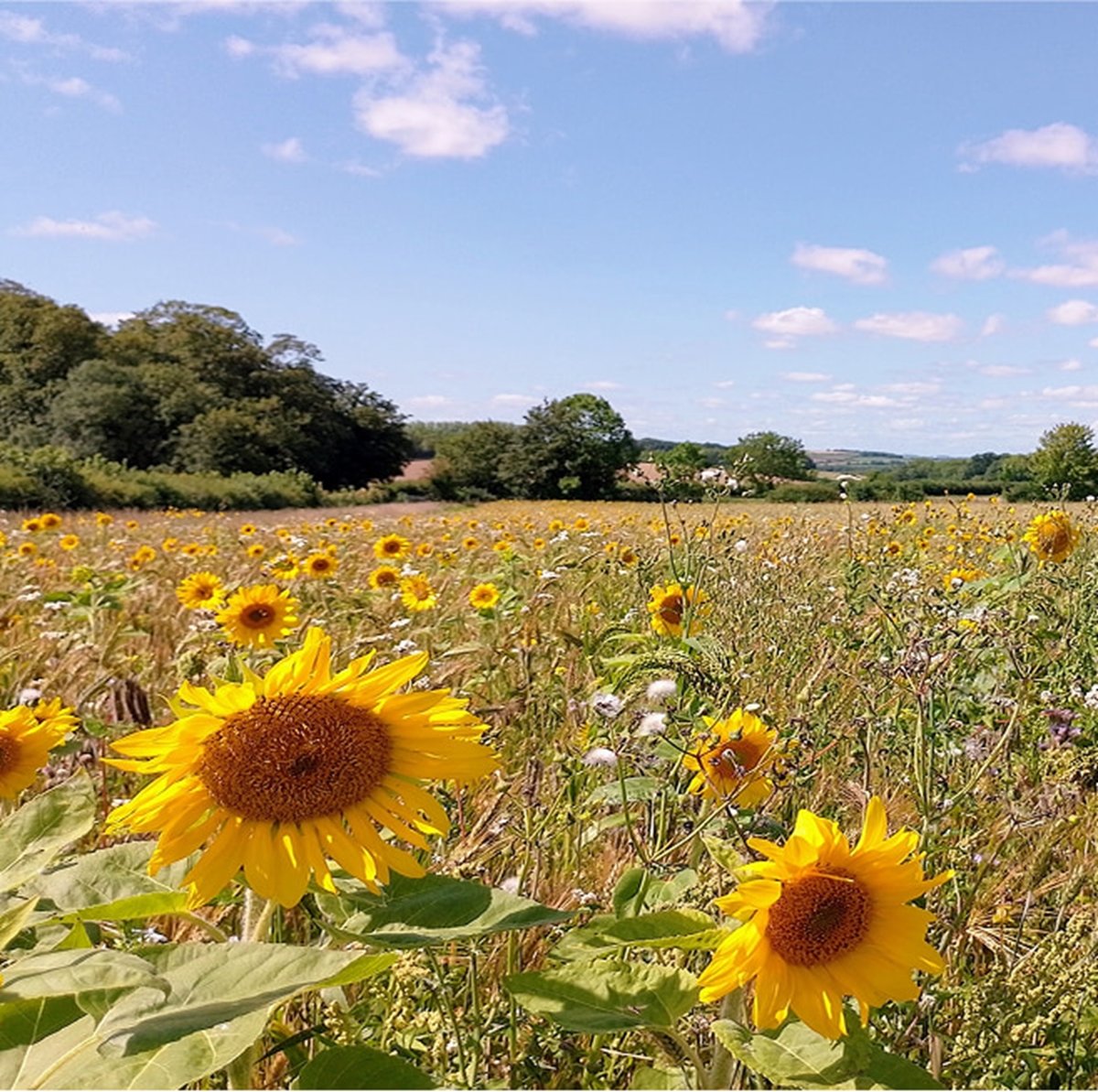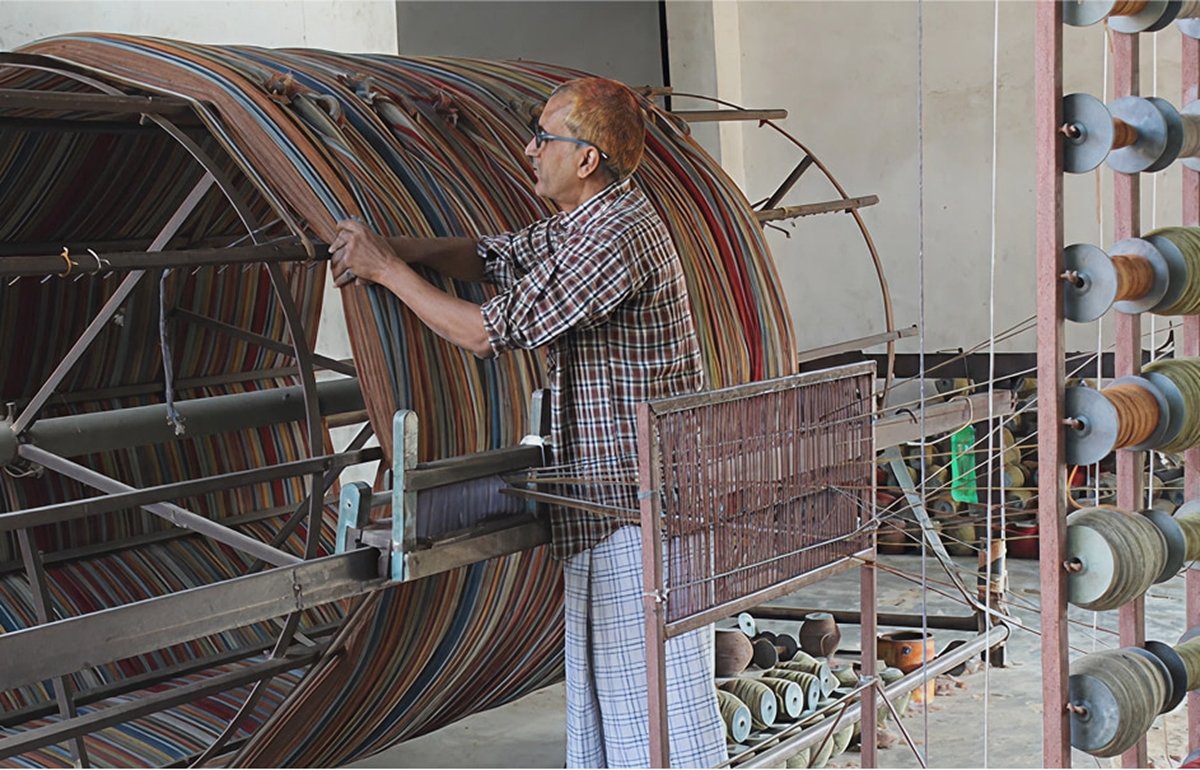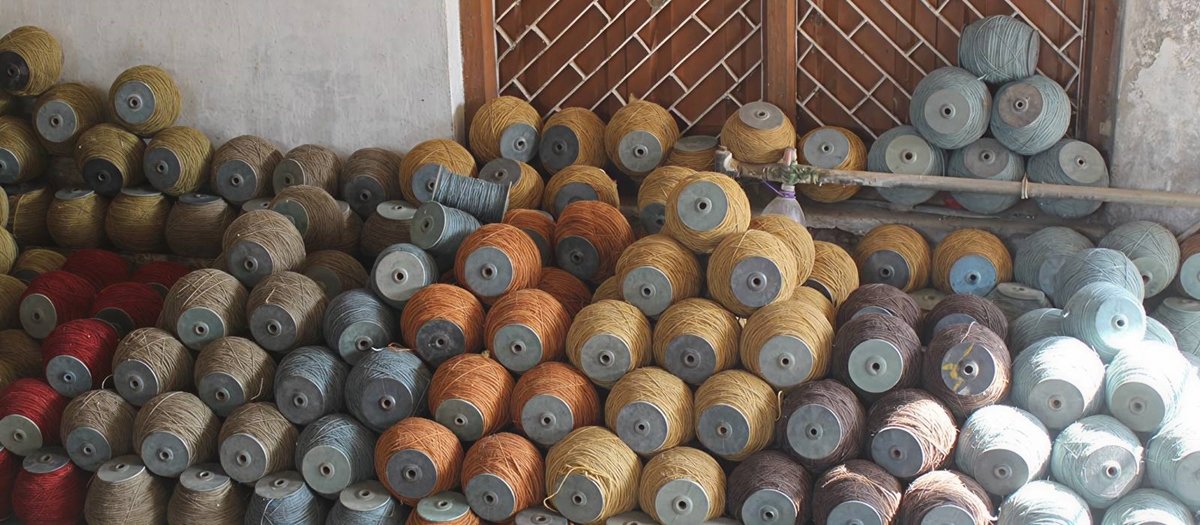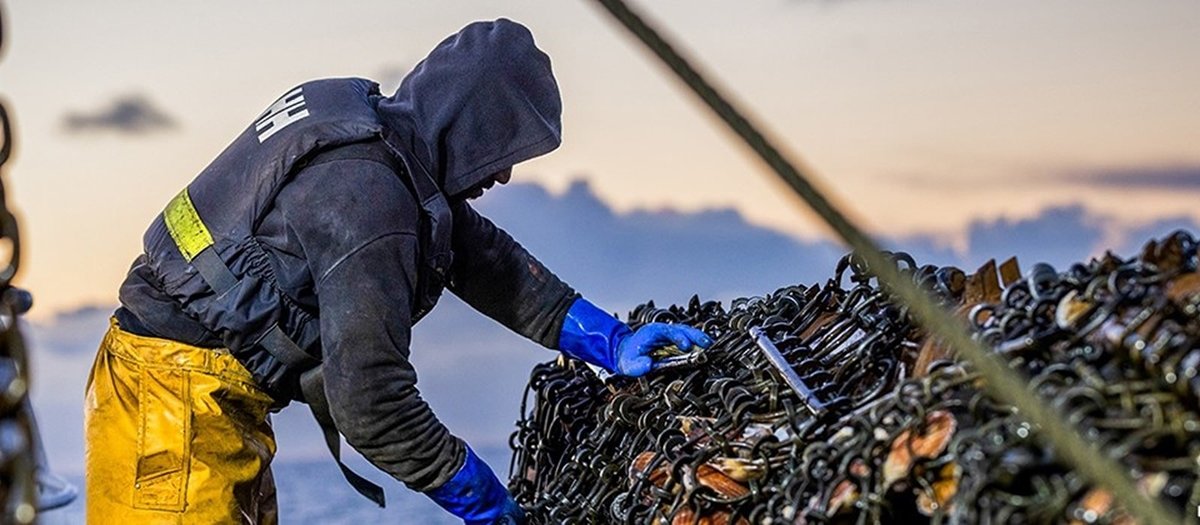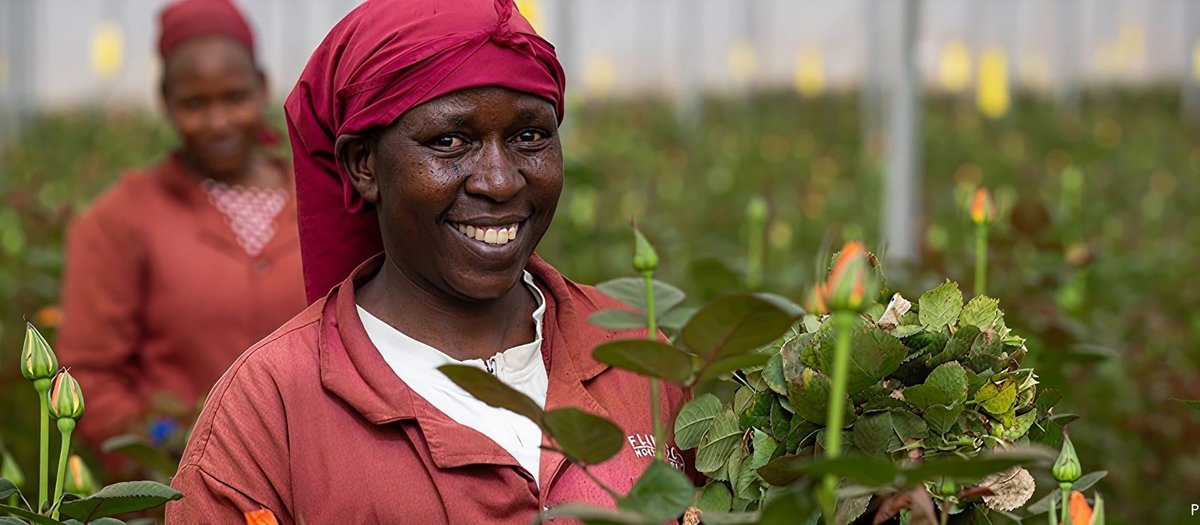Just Transition to Net Zero Award – Waitrose Foundation Climate Resilience Programme, edie Net Zero Awards 2024
Our ambition is to protect the rights and champion the voices of workers in our supply chains
Performance highlights
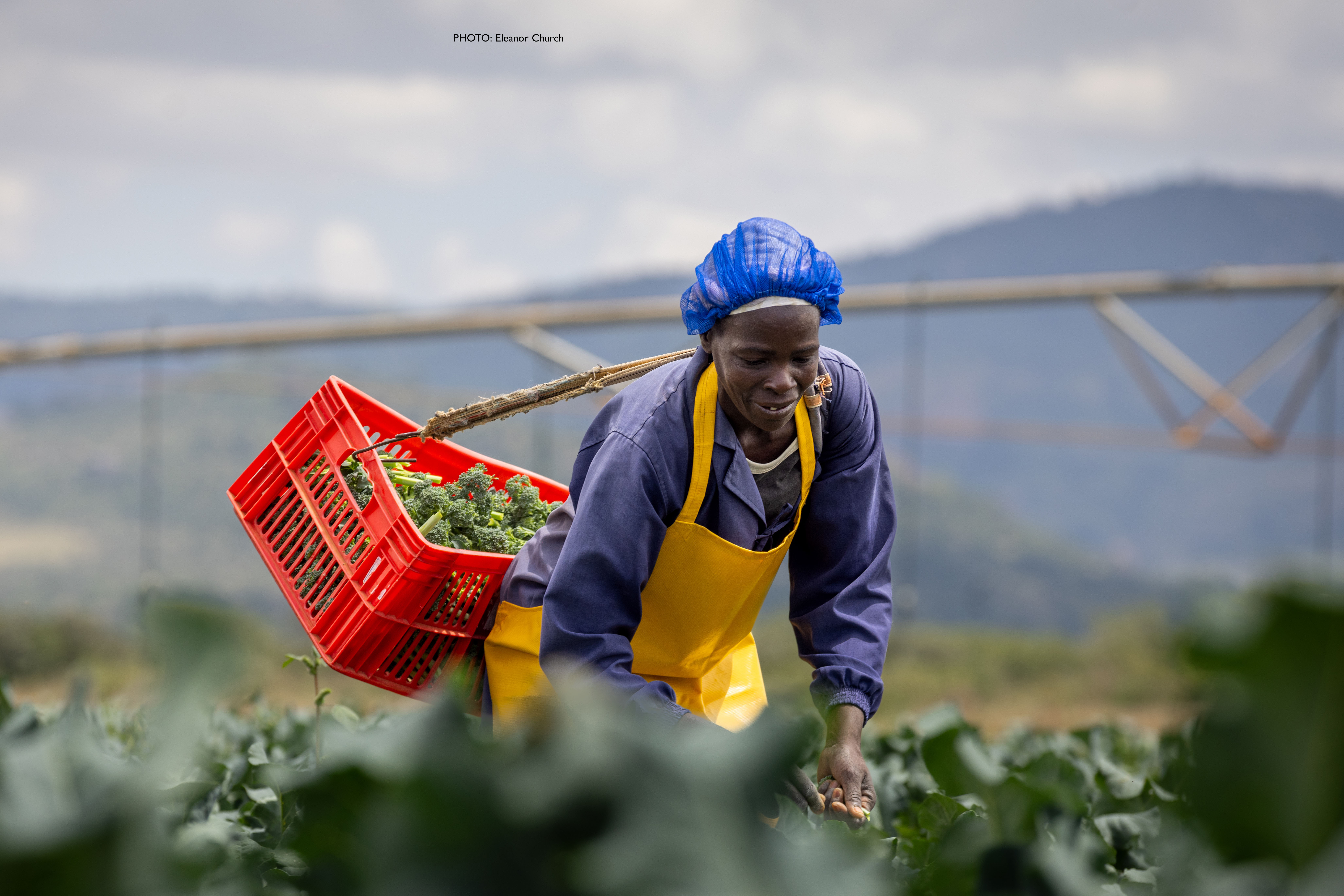
£2.5m
Generated to support projects in the communities from which we source.
Waitrose Foundation
In 2024, the Foundation continued scaling its most successful programmes such as microloans and energy-efficient cookstoves in Kenya and on-farm early learning facilities in South Africa. In Costa Rica, our pineapple growing communities benefited from access to healthcare screening programmes, financial education workshops and bursaries for further education.
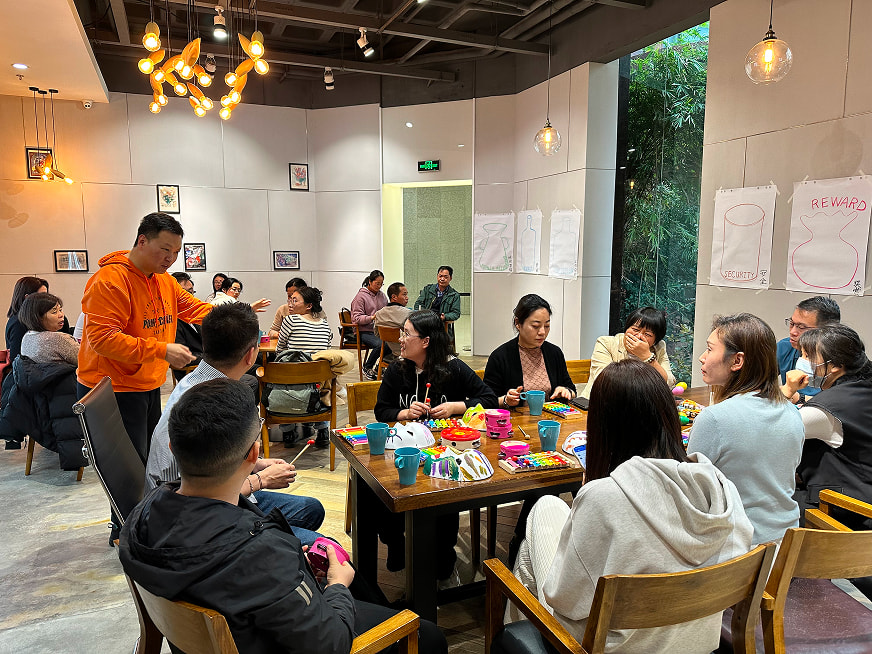
1,016
Better Jobs China resilience project benefitted 1,016 workers across 11 factories.
Better Jobs
In India and China, the Better Jobs projects are supporting workers and managers to address a range of important issues, such as work-life pressures, resilience, gender inequality, discrimination and gender-based violence, while establishing and improving grievance mechanisms.
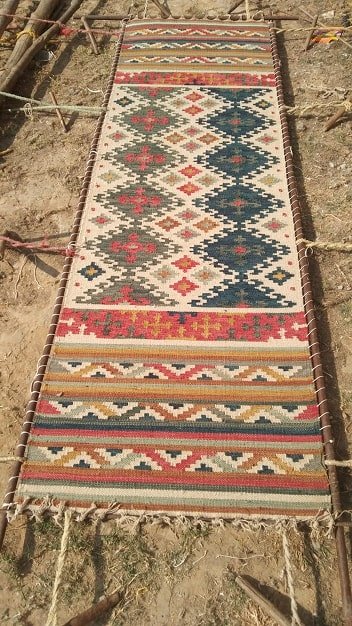
101
Engaged 101 rug workers, bringing factory employees and managers closer together
Hand-woven rugs
In partnership with the Association for Stimulating Know-How (ASK India), the John Lewis hand-woven rugs project aims to set up worker committees, laying foundations that allow for more open dialogue between managers and employees. This year, we conducted sessions and follow-up activity that engaged 101 factory employees across seven factories.
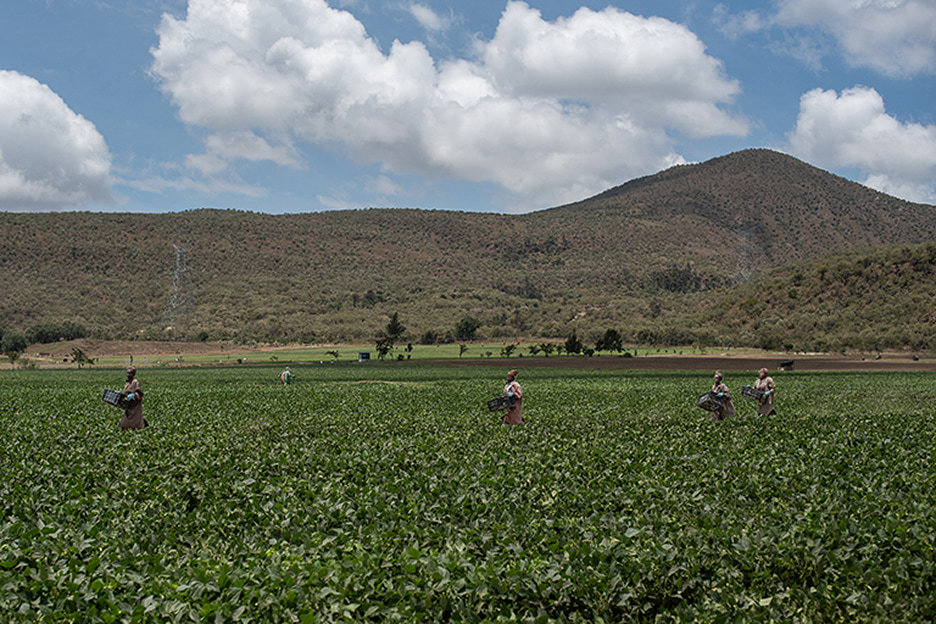
50,000
Our climate resilience programmes seek to improve the livelihoods of 50,000 farmers, workers and community members worldwide.
Climate resilience
We’ve continued investing in our climate resilience programme, funded by the Waitrose Foundation, that helps farmers tackle climate uncertainty. We’ve now committed £780,000 of our £1m target, with projects supporting 50,000 workers in four countries to adapt to changing climates and improve their livelihoods.

Our approach to supply chains
We want to enable everyone in our supply chains to realise their fundamental human rights. We believe that by championing the voices of workers and building strong relationships across our supply chains, we can create lasting value for both the Partnership and the people we work with, in support of our business Purpose.
